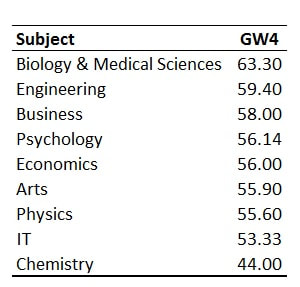
Last February I had an entry about Magnus Carlsen, the Norwegian chess grandmaster who (at the time) placed 111th in the fantasy football premier league game.
I went on to talk about a paper by Palacios-Huerta and Volij in 2009 in the AER that considers games of strategy and the process of backward induction. In a series of experiments, they show that chess players, who would be expected to have a superior strategic acumen to laypeople, behave closer to the actions predicted by game theory. Laypeople deviate from equilibrium predictions to a greater extent.
This year, elite chess players have their own fantasy football league. This league features 13 identifiable chess players, many of whom are Grand Masters. If chess players are superior strategic thinkers would this give an opportunity to test how much of the fantasy football game is down to chance?
In UCC there is also a fantasy football league, many players are academics with a specific training in a particular subject. A similar question could be asked - would economists, who study strategic decision making and rational choices score better than individuals with an background in other disciplines? The big assumption of course is that participants knowledge of Premier League football is constant.
The table shows the average scores for game week 4 grouping individuals by their general subject areas. The economists didn’t come out on top last week. Of course, this was just one gameweek. The average score for the chess players in game week four was 61.54, an average that would put them second on this list.
 RSS Feed
RSS Feed